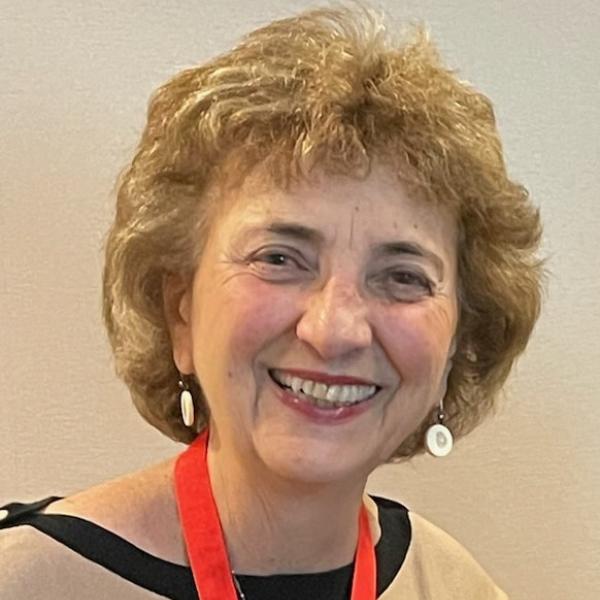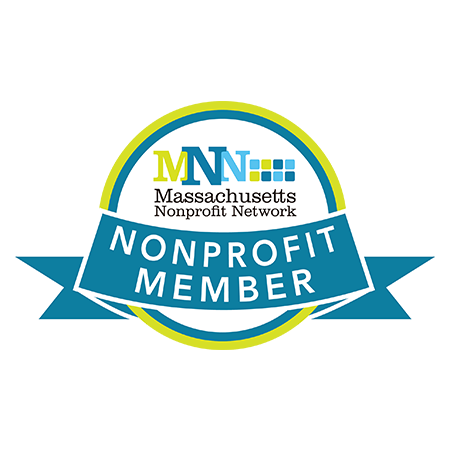 Mary Connolly is the Program Chair of the Skills-Based Health/Social Emotional program at Bay Path University/Cambridge College. At the college, Mary is responsible for delivering quality programs for students seeking a Master of Education Degree, online health and physical education certificates, and a certificate for additional training in health education. She is the author of Skills-Based Health Education and several other books.
Mary Connolly is the Program Chair of the Skills-Based Health/Social Emotional program at Bay Path University/Cambridge College. At the college, Mary is responsible for delivering quality programs for students seeking a Master of Education Degree, online health and physical education certificates, and a certificate for additional training in health education. She is the author of Skills-Based Health Education and several other books.
Penny Austen: Can you start by telling us a bit about your background? What led you to focus your career on health, education, and social and emotional learning?
Mary Connolly: I took a job teaching health education and absolutely loved it. I spent most of my career in Plymouth public schools, teaching at both the middle school and high school levels. During my last few years in the classroom, I discovered the National Health Education Standards, which focused on teaching skills rather than just content. I decided to try this approach, and the results were night and day. Suddenly, my students were actively engaged and interacting. The classroom was noisy, but in a good way—I had found my niche.
Later, I was brought on to teach at Cambridge College. After a few years, I became the Program Chair and developed the program to its current state. It’s an outstanding teacher preparation program for people who want to become skills-based health, social, and emotional learning teachers here in Massachusetts. We’re the only standalone Master of Education program of its kind in the state, and we specialize in working with career-changers who have never taught before.
Penny Austen: You’ve literally written the book on skills-based health education.
Mary Connolly: I’ve written five books, actually! Just last week, I turned in the third edition of Skills-Based Health Education to my publisher.
Penny Austen: Let me make sure our readers understand what skills-based health education means. It’s less about teaching health facts—like nutrition or mental health information—and more about building real-life skills, such as managing stress, handling peer pressure, or setting goals. Is that how you would define it?
Mary Connolly: You’re right, though I always say it’s about teaching content through the skill. This is challenging because many people, including myself, were initially trained to teach content first.
For example, if you’re discussing vaping and teaching refusal skills, students still need to understand why vaping is harmful and why they should refuse. You teach the content through the skill. The content remains very important, but students don’t need to know every detail about vaping. They need to understand its effects on the body, that it’s harmful even when it tastes good due to flavoring, and that it’s highly addictive. They should also understand that advertisers specifically target young people because creating addiction in childhood means a lifetime customer. The emphasis, however, is on learning and practicing the steps of the skill while incorporating that essential content.
Penny Austen: What does the typical student in your program look like in terms of background, motivation, and career goals? Have you noticed this profile shifting over time?
Mary Connolly: We have an incredibly diverse group of students. We get newly graduated teachers who need their master’s degree and discover our program. We have recent graduates who need their master’s, and they choose us specifically because we focus on skills-based health education. We also have physical education teachers with undergraduate degrees in PE who pursue graduate degrees in health education to enhance their marketability. Additionally, we attract career-changers who often tell me, “I always wanted to be a health teacher.”
I wish more people could find us because enrollment is always challenging, not just for us, but across the country. We’re constantly looking for more students.
Penny Austen: How has the national mental health crisis influenced how you prepare future educators, both in terms of content and student support?
Mary Connolly: Teachers are seeing these mental health issues firsthand in their classrooms and often use that real-world data to plan their lessons. They make skills-based unit and lesson decisions based on their observations and by comparing national data to state data. This allows them to design lessons that specifically address risk factors and help young people.
Penny Austen: What do you think is most misunderstood about teaching social and emotional learning in schools today?
Mary Connolly: I think the biggest misunderstanding is that you need someone special to teach SEL. Schools often hire SEL coordinators when, in fact, health and physical education teachers incorporate SEL into their daily instruction and reach nearly every student in the school. SEL doesn’t have to be taught as a separate subject—any teacher can integrate it into their classroom.
Penny Austen: How do you see the role of SEL evolving over the next 5 to 10 years?
Mary Connolly: We need legislation requiring health education to be taught every year to every child, with SEL embedded in that instruction. That’s when you’ll see real change.
But to truly make a difference, we need comprehensive programs taught by trained, licensed health and physical education teachers. I’m working closely with our state organization, the Massachusetts Association for Health, Physical Education, Recreation and Dance, to help make this happen.
Penny Austen: If you could give one piece of advice to aspiring educators entering the field of SEL or health education, what would it be?
Mary Connolly: Get yourself trained at a good institution. Of course, I recommend Cambridge College/Bay Path University! I have a great story about this. I had a young woman with children who was working as a paraprofessional in a district. She enrolled in our certificate program and started with my course, Implementing Curriculum in the Health Classroom.
She worked incredibly hard and persevered. She asked great questions, and I eventually asked if she had considered getting her master’s degree to become a health teacher. Initially, she thought there was no way she could do that because she was “just a paraprofessional.” I encouraged her, telling her she was a natural, and she later enrolled in our master’s program.
She just finished her practicum, landed her first job as a skills-based health educator, and she’s walking across the stage to graduate in two weeks!
Penny Austen: That’s amazing.
Mary Connolly: So my advice is: find what you love. If you think you’d like to be a teacher, try it. It’s a difficult job, but if it’s calling to you, give it a shot. You’ll be more successful if you’re well-trained and confident.



